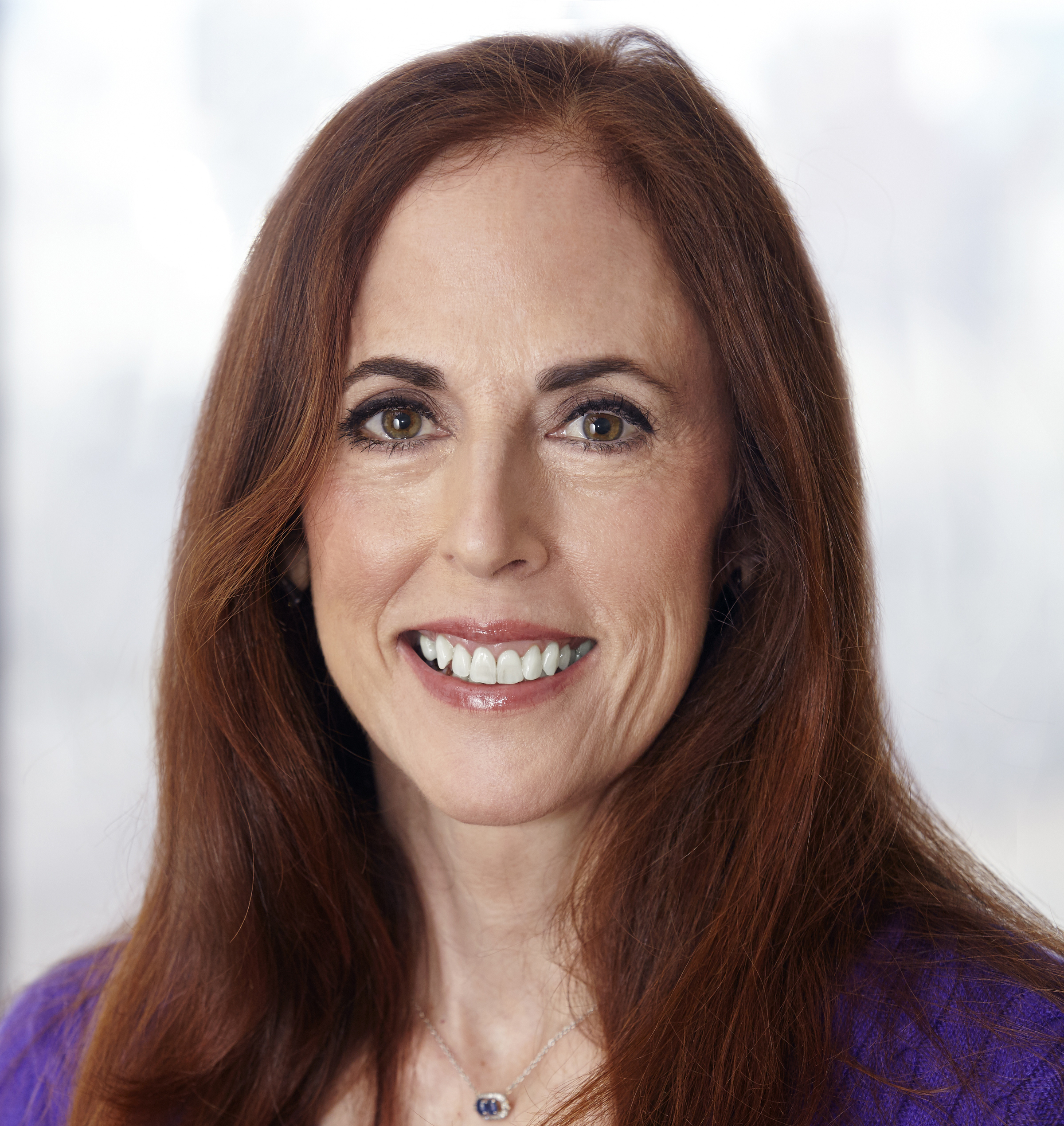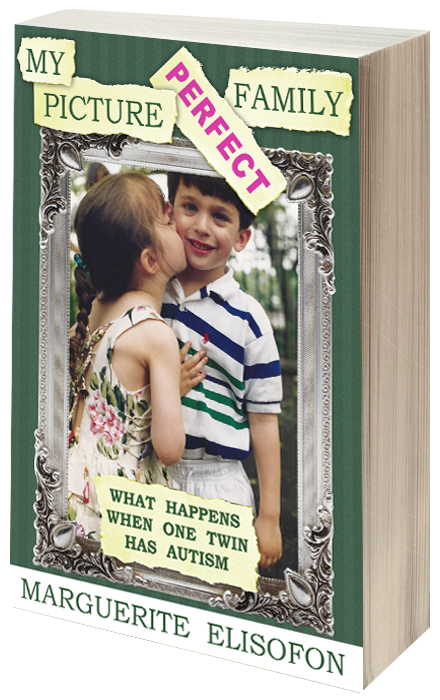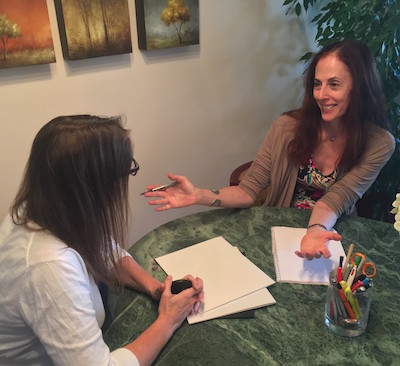 Consulting with professionals in job development for my daughter on the autistic spectrum, I can almost hear their unspoken incredulity when I suggest they help Samantha* find an agent and audition for TV, theater, and movie roles for young women with disabilities. “Surely you don’t believe your daughter is capable of finding steady work acting?” I can almost hear the person think out loud, as their eyes widen. What they actually say is: “But we need to focus on finding Samantha a full-time position and vocational training, don’t you think?” Well, yes and no. Over and over, I point out that we should be doing both. After all, no one has helped Samantha find steady “regular” (non-acting) work either, so why not shoot for the moon?
Consulting with professionals in job development for my daughter on the autistic spectrum, I can almost hear their unspoken incredulity when I suggest they help Samantha* find an agent and audition for TV, theater, and movie roles for young women with disabilities. “Surely you don’t believe your daughter is capable of finding steady work acting?” I can almost hear the person think out loud, as their eyes widen. What they actually say is: “But we need to focus on finding Samantha a full-time position and vocational training, don’t you think?” Well, yes and no. Over and over, I point out that we should be doing both. After all, no one has helped Samantha find steady “regular” (non-acting) work either, so why not shoot for the moon?
(*Friends and readers, please note that as of today I’m using Sarah’s real name, which is Samantha. My daughter wants to step forward as an autism ambassador with her true identity).
Maybe she’ll become the Marlee Matlin of autism. I wonder how many people discouraged Marlee Matlin before she landed her breakthrough role in Children of a Lesser God. Of course, a hearing person could have played the part of the deaf woman, but I wonder if a hearing actress would have portrayed the issues related to that particular disability with as much passion and authenticity.
I’m fully aware that it’s almost impossible for talented neurotypical actors to be successful, so how could I delude myself into believing that my daughter with her disability would be chosen over someone without her challenges?
The answer is both simple and complicated. The simple part is that my daughter has already been chosen twice as the female lead in the short and feature-length versions of Keep the Change, a dramedy about two young adults on the spectrum seeking romantic connection. Samantha also performs regularly as a singer and actress for the DreamStreet Theater Group, with a cast of adults with disabilities. As a soprano with perfect pitch, Samantha LOVES being on stage. “I want to show the world I’m capable,” she likes to say. Why SHOULDN”T my daughter chase her dreams, just like all the neurotypical college grads?
Working at the only part-time job she’s ever had (which I found for her) should not preclude her from looking for performance opportunities and pursuing a day job at the same time. Sending out resumes with head shots and going on auditions can only help Samantha improve her social skills and networking, no matter what kind of work she ends up doing. What makes her job search complicated—on or off stage—is that Samantha needs a lot more patient coaching and support in finding and pursuing leads than her neuroytpical peers. My research has revealed that most opportunities for young adults with autism are currently either created by parents who love them and are willing to be extra patient—car wash, bakery, movie theater—or emerge from corporations seeking the particular skill sets of ASD adults who enjoy repetitive tasks. These repetitive tasks include stocking products at Walgreens or computer programming at companies like Microsoft. Unfortunately, these “autism friendly” jobs don’t match up well with my daughter’s talents and interests.
The big question for readers and potential employers in the entertainment business is: Why choose someone on the spectrum like Samantha to play the role of a character with disabilities instead of a neurotypical actress? Here’s what Rachel Israel, director of Keep the Change said:
“I chose Samantha to star in Keep the Change—after having auditioned about 100 neurotypical actresses— because she was the best actress for the part. Samantha brought to the role the authenticity of her life as a person on the spectrum. Drawing from her real experiences empowered Samantha to focus on the heavy work of acting, which for any actor is to channel life experience and act as oneself under imaginary circumstances in front of a camera. I knew that if I cast Samantha, our story would be kept truthful.”
Rachel’s answer led to my next question: Do you think it’s important (or even preferable) to cast actors with disabilities as characters similar to themselves, instead of choosing someone neurotypical? Why?
“I think that people with disabilities should be given the same career opportunities as people who are neurotypical. Many wrongly assume that a person with a disability would give a lesser performance as an actor. Working with the cast of Keep the Change did not compromise the intelligence or emotionality of the acting in our film at all. For me it, is far preferable to work with an actor who has an authentic experience from which to draw for a performance. That said, when casting, we are still looking for great actors – they are just great actors who also have a disability. Back when we cast Samantha in our short film, she was an unskilled actor with strong potential. We worked on her skills together, and she grew because she had the innate talent. On filming our feature length version of Keep the Change two years later, it was tremendously gratifying to see how much Samantha had now grown into a skilled performer. Working alongside fellow actors Jessica Walter and Tibor Feldman, Samantha held her own both as an artist and an on-set professional. She’s now ready to show up on a film set and do her job.”
I wonder how other directors and casting agents feel about casting people with disabilities. Is there a moral necessity to offer acting opportunities to people with autism who are playing roles of characters on the spectrum? Should autism parents push their kids to take “easier” and more available career paths, even if those are few and far between? Right now the pursuit of any job for Samantha feels like a pipe dream. I’m open to all thoughts and suggestions readers would like to share.





 Marguerite Elisofon is a New York City writer and the author of My Picture Perfect Family, a memoir about how her family navigated life with a child on the autistic spectrum before the internet and support groups existed. She also blogs about parenting young adults and disability related issues in The Never Empty Nest. Her writing has been featured in a variety of publications, including Time and NY Metro Parents magazine, and her family’s story has been featured by the NY Post, Fox News, The Daily Mail, and on Jenny McCarthy’s Dirty Sexy Funny radio show. A Vassar graduate, Marguerite was born and raised in New York City, where she still lives with her husband, Howard, in their mostly-empty nest. She is available to speak about a wide variety of issues relating to twins, parenting, and autism.
Marguerite Elisofon is a New York City writer and the author of My Picture Perfect Family, a memoir about how her family navigated life with a child on the autistic spectrum before the internet and support groups existed. She also blogs about parenting young adults and disability related issues in The Never Empty Nest. Her writing has been featured in a variety of publications, including Time and NY Metro Parents magazine, and her family’s story has been featured by the NY Post, Fox News, The Daily Mail, and on Jenny McCarthy’s Dirty Sexy Funny radio show. A Vassar graduate, Marguerite was born and raised in New York City, where she still lives with her husband, Howard, in their mostly-empty nest. She is available to speak about a wide variety of issues relating to twins, parenting, and autism. 
Very moving and full of “pathos”
Glad you liked it.